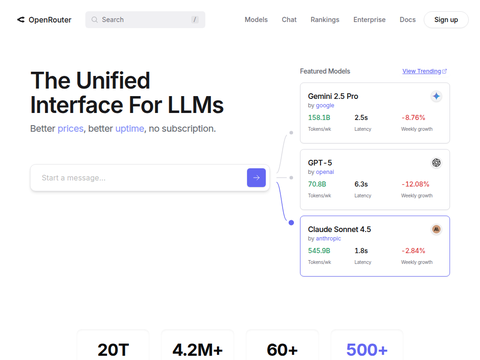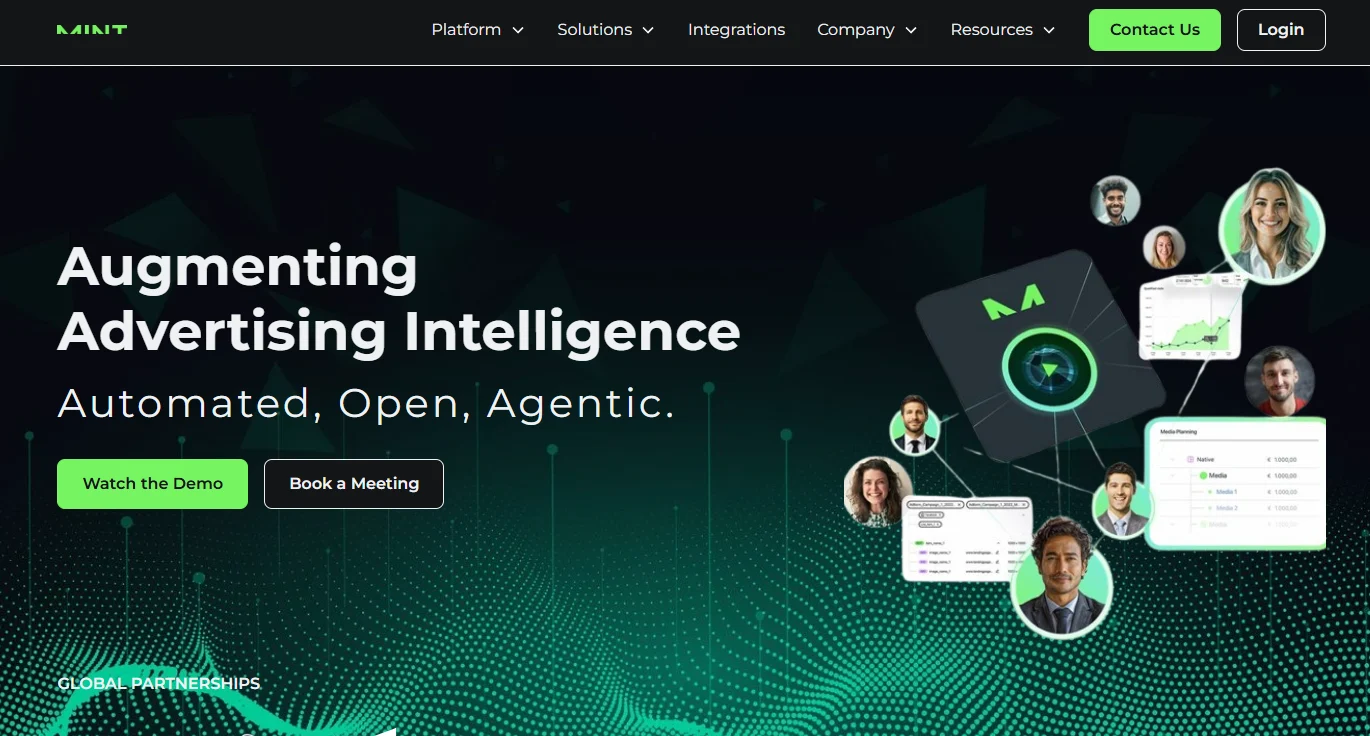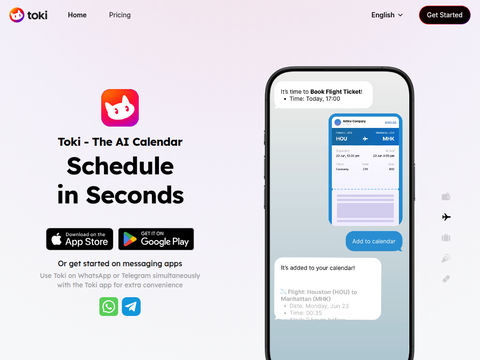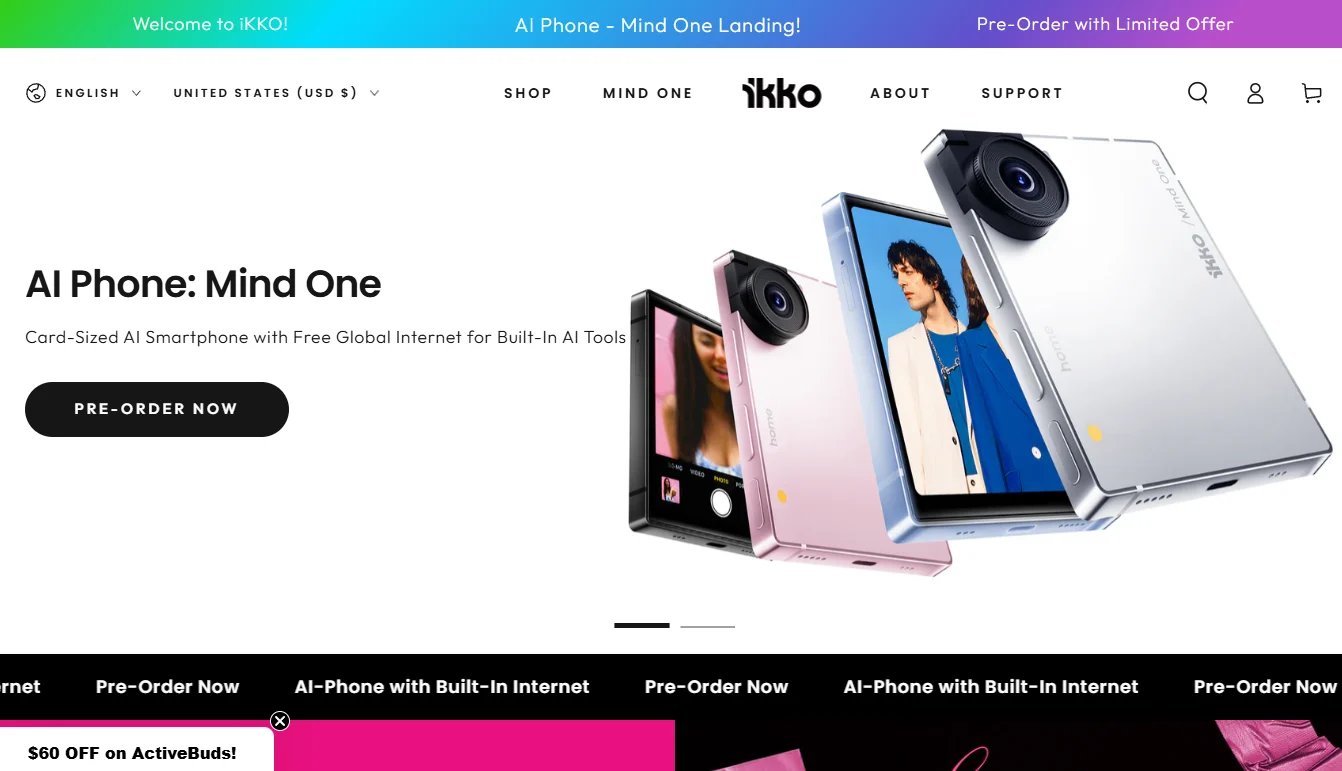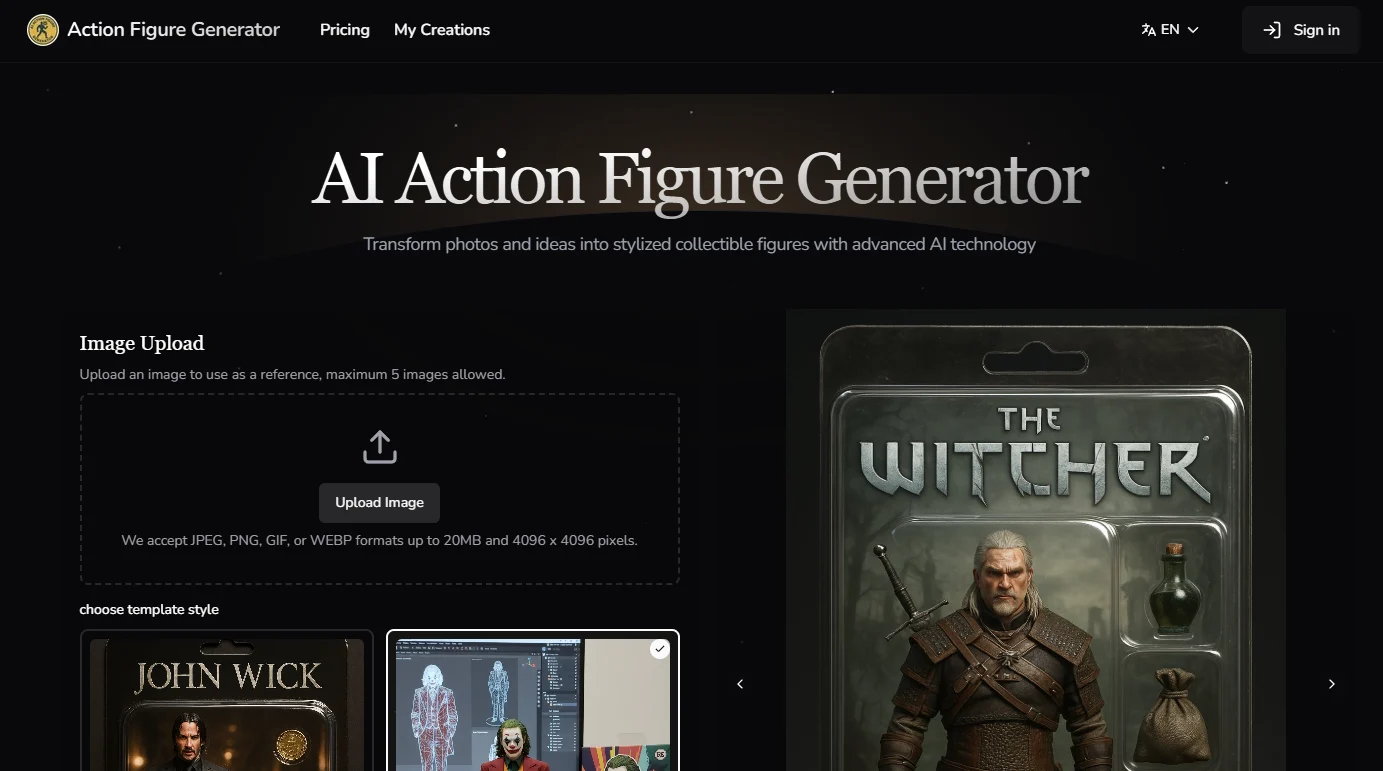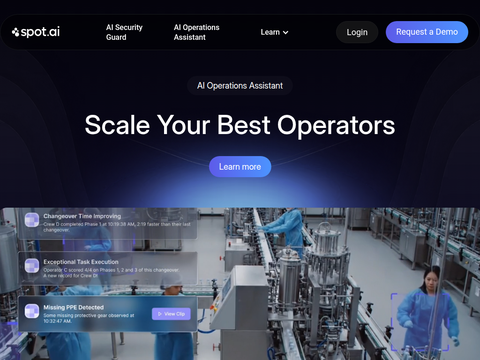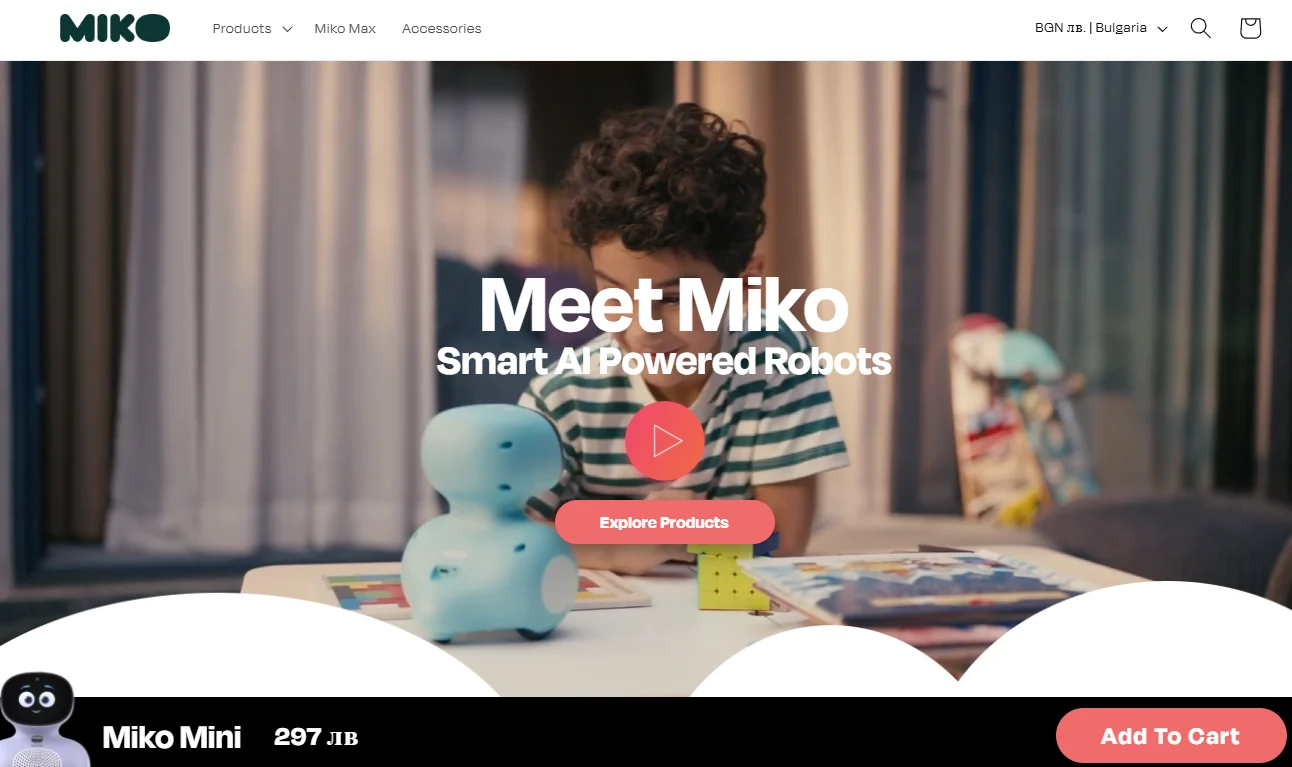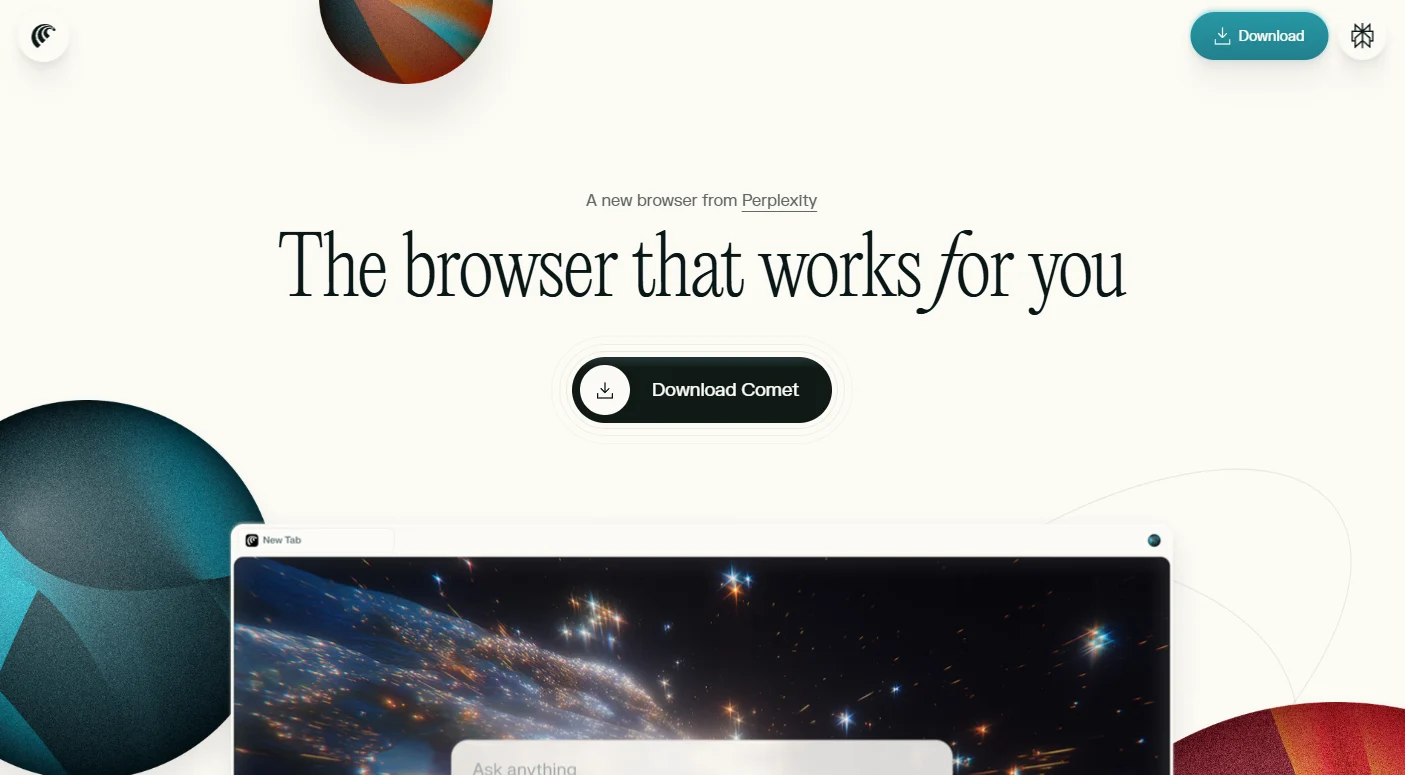Microsoft has recently announced the deep integration of its Azure OpenAI GPT-4o model with LlamaParse Premium and Azure AI Search. These initiatives are set to redefine the workflow of Enhanced Retrieval-Augmented Generation (RAG), enabling organizations to achieve more efficient information processing and retrieval.
LlamaParse Premium is an advanced document parsing tool adept at accurately extracting and organizing data from complex documents across various formats, including text, tables, images, and charts. It supports multiple file types such as PDF and Excel and offers features like Markdown export, LaTeX formula conversion, and high-precision data extraction, significantly enhancing the efficiency and accuracy of data processing.
Azure AI Search empowers developers with robust search capabilities, enabling seamless indexing and querying of both structured and unstructured data within applications. Leveraging AI-driven natural language processing, OCR, and synonym recognition technologies, Azure AI Search delivers fast and accurate search results, catering to the diverse needs of various industries.
The core of this integration lies in applying the Azure OpenAI GPT-4o model to multimodal tasks. LlamaParse Premium utilizes GPT-4o to process various unstructured data sources, such as PDFs, Word documents, and HTML files, efficiently converting them into structured formats like Markdown, JSON, and LaTeX. Additionally, the tool boasts exceptional visual parsing capabilities, extracting valuable information from tables, charts, and images with unprecedented accuracy.
For specific sections of documents, such as executive summaries or financial tables, LlamaParse's natural language customization feature allows users to tailor configurations, automating tedious tasks like contract analysis and compliance checks. Additionally, LlamaParse supports parallel processing, effortlessly handling the demands of processing thousands of documents, making it an indispensable tool for high-data-volume industries.
Azure AI Search complements LlamaParse by managing the retrieval and embedding of processed data. Recent updates include query rewriting and semantic reranking features, further enhancing the accuracy and relevance of search results across multilingual and domain-specific environments. These functionalities seamlessly integrate with LlamaIndex, embedding the parsed data into high-performance, query-optimized vector stores, thereby delivering a smarter and more efficient search experience.
In terms of security, Microsoft ensures that its AI tools meet the highest standards. Azure OpenAI endpoints encrypt data during transmission and storage, adhering to global compliance frameworks such as GDPR and HIPAA. The private network options provide additional security for industries that prioritize data privacy.
Additionally, the tool's flexibility is a significant advantage. Developers can fine-tune the GPT-4o model based on specific requirements, adjusting parameters such as output creativity, response length, and token distribution to meet diverse needs, including automated content generation and enhanced internal search functionalities.
Enhanced Retrieval-Augmented Generation (RAG) represents a shift in how AI systems combine generative capabilities with external data sources. Traditional language models typically generate responses based solely on training data, whereas RAG workflows integrate real-time information retrieval, significantly improving accuracy and relevance. Microsoft's integration makes RAG more accessible, scalable, and efficient, further solidifying its pivotal role in modern AI applications.
For instance, medical service providers can use LlamaParse to extract patient history data and embed it into Azure AI Search's searchable database. Doctors can simply query the system to receive tailored treatment recommendations. Similarly, marketing teams can leverage these tools to rapidly analyze the performance of advertising campaigns within large datasets, generating valuable insights.
This update fully demonstrates Microsoft's broad strategy in building a connected AI ecosystem designed to address real-world business challenges. Earlier this year, Microsoft also collaborated with the LlamaIndex team to optimize retrieval technologies and released a comprehensive advanced methods guide covering essential topics such as query transformation and vector embedding.

